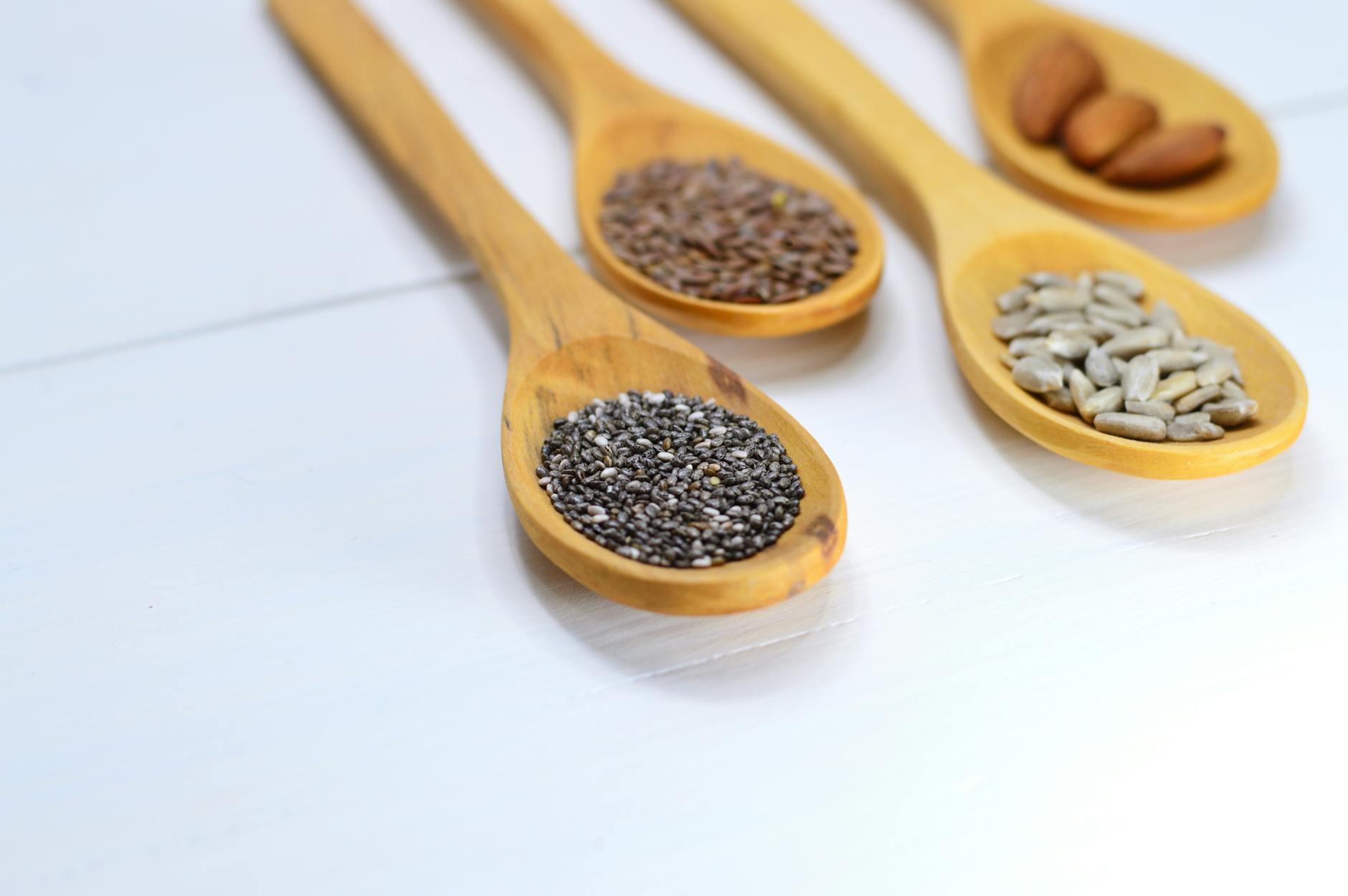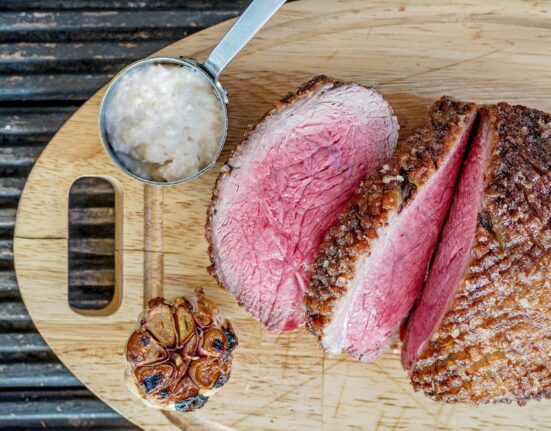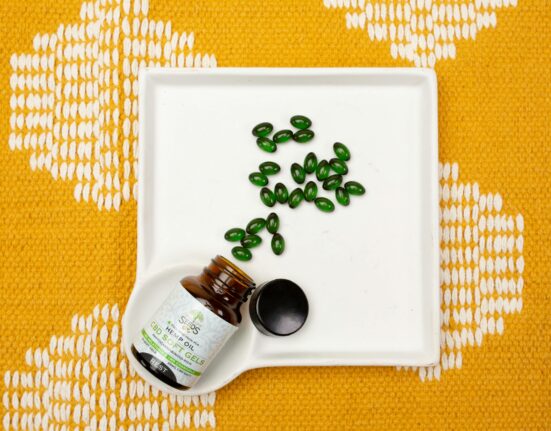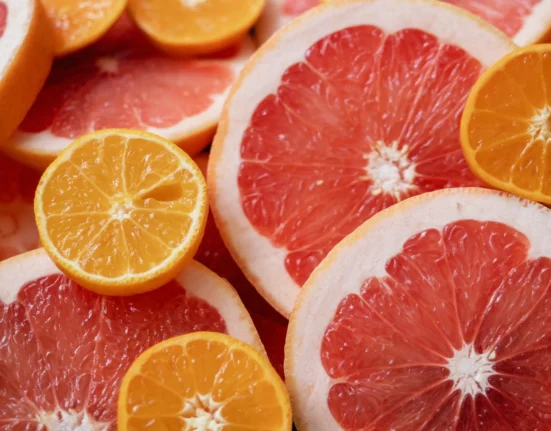Your muscles just worked hard. Now they need the right fuel to repair, recover, and come back stronger. A well-planned post-workout snack isn’t about hunger—it’s about timing and smart choices that speed up muscle repair and replenish energy.
The best recovery snacks combine protein to rebuild, carbs to refuel, and hydration to restore. Skip the guesswork. This is how to pick ingredients that actually work.
The Science Behind Post-Workout Recovery
After a tough workout, your body shifts into recovery mode almost immediately. Understanding what happens inside your muscles and energy stores helps you pick the best ingredients for a post-workout snack. Two key processes drive recovery: muscle protein synthesis and glycogen replenishment.
Muscle Protein Synthesis: The Key to Recovery
When you lift weights or push your muscles hard, microscopic tears form in the muscle fibers. This sounds alarming, but it’s normal. Your body responds by rebuilding those fibers—stronger than before—through muscle protein synthesis (MPS).
Protein provides the building blocks (amino acids) needed for this repair. The faster and more efficiently MPS happens, the quicker you recover.
Key factors that influence MPS:
- Protein quality: Complete proteins (like whey, eggs, or lean meats) contain all essential amino acids, maximizing muscle repair.
- Timing: Combining protein with carbs within 30–60 minutes post-workout enhances absorption and kickstarts recovery.
- Amount: Around 20–40 grams of protein post-workout balances muscle repair without overloading digestion.
Glycogen Replenishment: Fueling Your Next Workout
Your muscles burn glycogen (stored carbs) for energy during exercise. Depleted glycogen leads to fatigue, so refilling these stores helps you bounce back faster.
Carbs post-workout trigger insulin release, which shuttles glucose into muscle cells to rebuild glycogen. Combining fast-digesting carbs (like fruit or honey) with slower-digesting ones (oats or sweet potatoes) keeps energy levels steady.
Best carb choices for glycogen recovery:
- Bananas or dates (quick energy)
- Oats or quinoa (sustained release)
- Tart cherry juice (reduces inflammation while refueling)
The faster you replenish glycogen, the sooner your muscles are ready for your next session. Pairing carbs with protein isn’t just about recovery—it’s about preparing for what’s next.
Top Ingredients for an Effective Post-Workout Snack
Recovery starts with what you eat. Skip the processed bars and empty calories. Instead, focus on ingredients that actively repair muscle, restore energy, and keep you hydrated. The right balance of protein, carbs, and fats turns your post-workout snack into a recovery powerhouse.
Protein-Packed Foods for Muscle Repair
Protein is the key to muscle repair, but not all proteins work the same. Your body needs complete proteins—those with all nine essential amino acids—to rebuild muscle fibers effectively.

Photo by Cottonbro Studio
- Chicken or turkey breast: Lean, easy to digest, and packed with leucine (an amino acid that triggers muscle repair).
- Greek yogurt: Contains casein and whey for fast and slow-release protein, plus probiotics for gut health.
- Eggs: A complete protein with vitamins B12 and D for energy and bone health.
- Whey protein: Quick-absorbing and ideal for blending into smoothies.
Carbohydrates to Restore Energy
Your muscles crave carbs after a workout. Glycogen stores get drained during exercise, and fast-digesting carbs help reload them. But don’t just grab any sugary snack—pair simple and complex carbs for steady energy.
- Bananas: Packed with potassium to prevent cramps and simple sugars for quick fuel.
- Quinoa: A slow-digesting carb with extra protein for sustained recovery.
- Oats: Fiber-rich and great for reducing inflammation while refueling muscles.
- Sweet potatoes: High in vitamin A and complex carbs for long-lasting energy.
Healthy Fats for Sustained Recovery
Fats slow digestion, which might sound bad post-workout, but the right kinds keep energy levels stable. They also help absorb fat-soluble vitamins needed for recovery.

Photo by Miguel Á. Padriñán
- Almonds: Rich in vitamin E, an antioxidant that reduces muscle damage.
- Avocado: Loaded with healthy monounsaturated fats and potassium.
- Chia seeds: Omega-3s to fight inflammation and fiber for digestion.
- Peanut butter: A mix of protein and fats for slow-release recovery.
Hydration and Electrolytes
Water alone isn’t enough after a sweaty workout. Electrolytes like sodium, potassium, and magnesium get lost through sweat and must be replaced.
- Coconut water: A natural source of potassium without added sugars.
- Watermelon hydrates: High water content plus lycopene to reduce muscle soreness.
- Electrolyte tablets or powders: A quick way to restore balance without extra calories.
- Herbal teas: Hydrating with anti-inflammatory benefits (ginger or chamomile).
Combine these ingredients smartly, and your body will bounce back faster—ready for the next challenge.
Building Your Perfect Post-Workout Snack
Now that you know which ingredients work best for recovery, it’s time to put them together. The right combinations make all the difference. A perfect post-workout snack is fast, easy, and packed with what your body needs to rebuild and recharge.
Quick and Easy Snack Ideas
No need for complicated recipes. These simple pairings take minutes to prepare and deliver all the protein, carbs, and hydration your muscles crave.

Photo by Annelies Brouw
- Greek yogurt with berries and honey:
Mix 1 cup of Greek yogurt, a handful of blueberries, and a drizzle of honey. The yogurt gives 20g of protein, the berries add quick-digesting carbs, and honey speeds up glycogen recovery. - Peanut butter banana toast:
Spread 2 tbsp peanut butter on whole-grain toast, top with banana slices. The combo of protein, healthy fats, and carbs keeps energy steady and muscles repairing. - Hard-boiled eggs and whole-grain crackers:
2 eggs and a few whole-grain crackers offer a balanced mix of protein and slow-digesting carbs for long-lasting recovery. - Tuna and avocado whole-wheat wrap:
Mash ½ an avocado with 3 oz of canned tuna, wrap in a whole-wheat tortilla. Healthy fats and lean protein with minimal prep.
Time matters. Eat within 30-45 minutes after your workout to maximize recovery benefits.
Pre-Made Options for Busy Schedules
Sometimes you need recovery fuel fast. These grab-and-go options still pack in the right nutrients without sacrificing quality.
- Protein smoothie packs:
Pre-freeze portions of whey protein, spinach, and frozen berries in bags. Blend with water or milk post-workout. - Store-bought bars (smart picks):
Look for 10-15g protein, under 5g added sugar, and whole-food ingredients like dates, nuts, and seeds. RXBAR or KIND bars work well. - Pre-portioned trail mix:
Mix ¼ cup almonds, 2 tbsp pumpkin seeds, and a handful of dried fruit. The nuts provide protein and fats, while fruit refuels carbs. - Chocolate milk:
A classic for a reason. The 3:1 carb-to-protein ratio helps recovery fast. Go for low-sugar versions if needed.
Busy doesn’t mean you have to skip smart recovery. Prepping ahead saves time and keeps your muscles happy.
Common Mistakes to Avoid
Even with the best post-workout snack ingredients, a few slip-ups can slow recovery. Knowing what not to do matters just as much as choosing the right foods. From skipping key nutrients to overdoing sugar, these mistakes can leave you sore, tired, and unprepared for your next workout.

Photo by Tima Miroshnichenko
Skipping Protein After a Workout
Protein isn’t optional—it’s the building block of muscle repair. Skipping it after exercise is like trying to rebuild a house without bricks. Your body needs those amino acids to patch up microscopic muscle tears and grow stronger.
What happens without enough protein:
- Slower recovery: Muscle protein synthesis slows, delaying repair.
- Continued breakdown: Without fuel, your body may keep breaking down muscle for energy.
- Missed strength gains: Less repair means slower progress over time.
Even a simple option like Greek yogurt or a scoop of whey protein can make the difference between bouncing back fast and dragging through your next session.
Overloading on Sugar
A post-workout candy bar or sugary sports drink might give a quick energy spike, but it’s a recovery trap. Too much sugar floods your system, leading to crashes and inflammation. While fast-digesting carbs help glycogen recovery, refined sugars don’t offer the nutrients your muscles need.
Better alternatives:
- Fruit: Bananas or berries provide natural sugars plus fiber and vitamins.
- Complex carbs: Oats or sweet potatoes release energy steadily.
- Dark chocolate (85%+): A small square satisfies cravings without the sugar crash.
Your muscles want quality fuel, not a temporary sugar high.
Ignoring Hydration Needs
Water does more than quench thirst—it helps transport nutrients and flush out waste from your workout. Sweating drains fluids and electrolytes, and forgetting to replace them slows recovery. Dehydration leads to fatigue, cramps, and even dizziness.
Signs you need more fluids:
- Dark yellow urine
- Lingering muscle soreness
- Headaches post-workout
- Dry mouth or thirst
Hydration boosters for exercise recovery:
- Coconut water (natural electrolytes)
- Herbal tea (hydration + anti-inflammatory benefits)
- Water with lemon and a pinch of salt (quick electrolyte refresh)
Recovery isn’t just about what you eat. It’s also about what you drink.
Optimizing Your Post-Workout Nutrition for Better Results
You’ve seen the science, learned the best ingredients, and explored snack ideas that work. Now it’s time to put theory into practice. Muscle recovery isn’t just about what you eat—it’s about making those choices intentional, efficient, and tailored to your body’s needs.
The right post-workout snack bridges effort and results. It turns fatigue into fuel and soreness into strength. Think of it as the finishing touch to a great workout, not an afterthought.
Key Takeaways for Maximum Recovery
- Protein repairs muscle: Choose complete proteins like eggs, Greek yogurt, or lean meats to give muscles the raw materials they need.
- Carbs restore energy: Pair fast-digesting (bananas, honey) with slow-digesting carbs (oats, quinoa) for balanced glycogen replenishment.
- Healthy fats support recovery: Avocado, nuts, and seeds provide long-lasting energy and help absorb essential vitamins.
- Hydration is non-negotiable: Water alone won’t cut it. Add electrolytes through coconut water, fruit, or natural salts.

Photo by Andrea Piacquadio
Experiment and Find What Works for You
Recovery isn’t one-size-fits-all. Some people thrive on a protein smoothie, while others prefer whole foods like sweet potato and chicken. Pay attention to how your body responds.
Try these approaches:
- Track energy levels: Notice which snacks leave you feeling ready for the next workout versus sluggish.
- Mix and match: Rotate ingredients to avoid monotony and cover a broader range of nutrients.
- Adjust timing: If you’re not hungry right after exercise, try liquid nutrition (like a smoothie) for quicker digestion.
Your best recovery routine is the one you’ll stick to. Consistency beats perfection every time.
Keep Moving Forward
Every workout chips away at limits. Every smart recovery choice builds them back stronger. The right snack isn’t just food—it’s what stands between you and your next personal best.
So go ahead. Refuel with purpose. Recover with confidence. And get ready to do it all again.








